“We are entering a new era of AI.”
That’s according to Microsoft in its announcement two weeks ago of Microsoft Copilot, a generative AI companion that’s coming soon to Word, Outlook, Excel, and all of Microsoft’s applications.
And just last week Mark Zuckerberg unveiled Meta’s new AI products, Spotify announced a new generative AI feature that replicates podcasters’ voices and translates them into different languages, and Amazon made its Bedrock service for building generative AI applications generally available.
It’s clear that AI is having a moment right now.
And it’s not just Big Tech. Just yesterday, Domino’s Pizza announced a partnership “to create the next generation of pizza ordering and store operations with generative AI.”
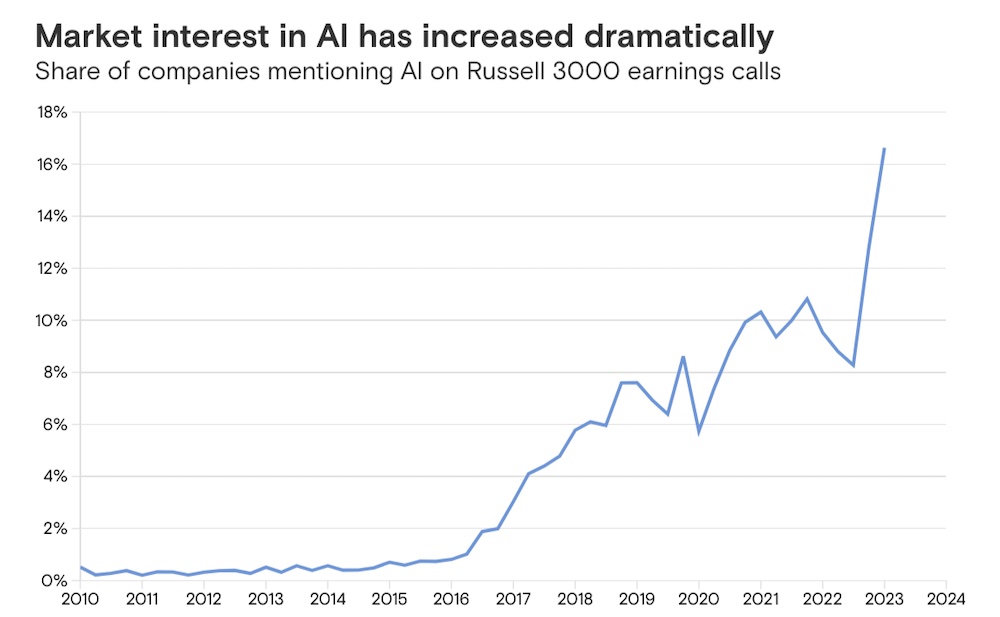
The potentially large effects of Artificial Intelligence on economic growth. Goldman Sachs. March 2023.
While interest in AI is booming these days, artificial intelligence has been around for a long time in reality — since at least 1956 when the term was first coined.
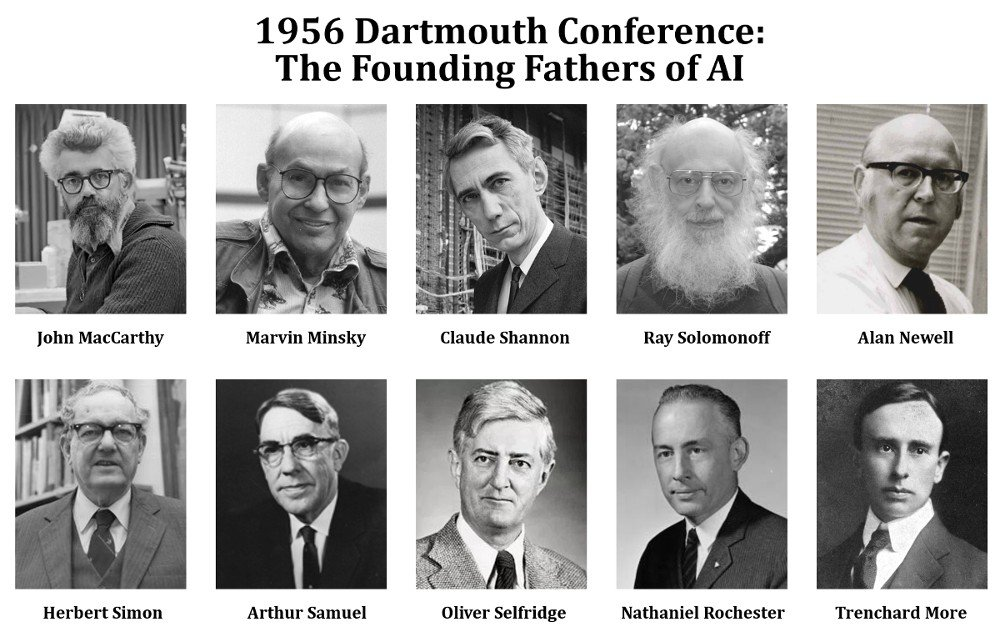
But while AI in general isn’t new, what is new is ‘generative AI‘ and it’s captured attention globally.
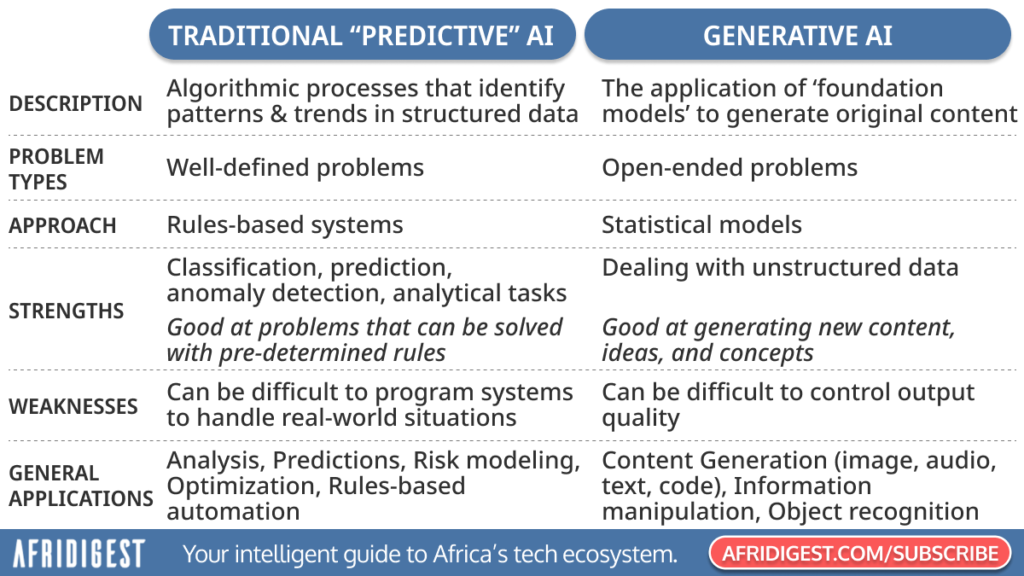
It’s still early days though and while there’s a lot of excitement, it’s uncertain what role Africa will play in this new global era of AI.
This is 1850, really, when you parallel with the Industrial Revolution. AI is as big as the Industrial Revolution in its impact… As an entrepreneur, goodness me, this is as exciting as it gets…
I can see the opportunity at one level, but it’s not inevitable that [Africa will] be a part of this opportunity… We don’t want to be users anymore than we want to be used, okay? We want to fully participate in the economic opportunity…
We have to be able to build our own [AI] enterprises… We need to make sure that Africa is participating in the conversation.”
— Strive Masiyiwa, Founder & Executive Chairman of Zimbabwe’s Econet Group
As billionaire Zimbabwean businessman Strive Masiyiwa recently mentioned, it’s not inevitable that Africa will play a meaningful role in the ongoing generative AI revolution.
But across Africa, a number of pioneers are rolling out generative AI products that have the potential to reshape old processes across a variety of industries.
From biotech to coding to financial analysis and more, here’s a look at five generative AI products from startups in Africa.
Design & discovery of new protein molecules : DeepChain
Tunisian enterprise AI startup InstaDeep was acquired in January for ~$685 million (including up to ~$245 million in performance-based earnouts).
One of the products it offers is DeepChain, a protein design platform (with commercial applications in drug and vaccine discovery) that uses language models trained on billions of amino acids to help users discover & validate new protein molecules.
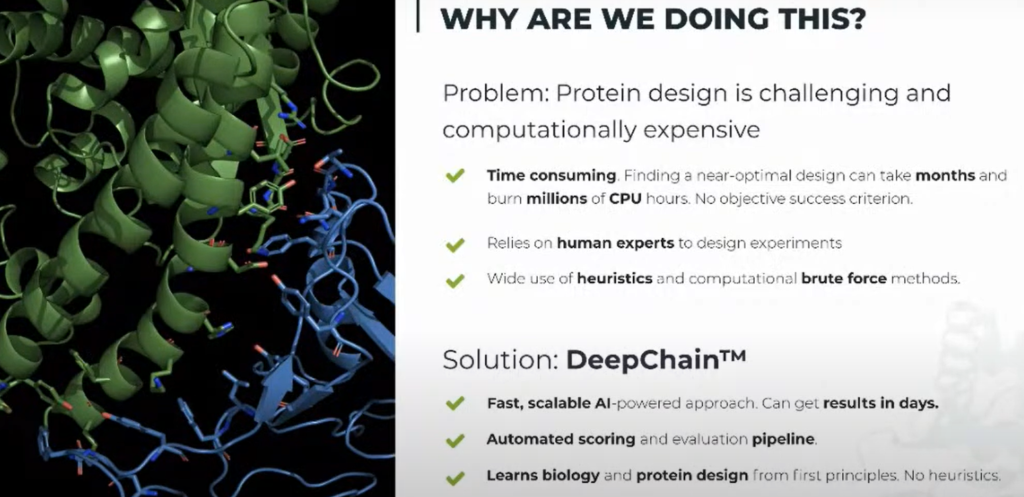
One way to think of protein sequences is as a rulebook — written in the language of amino acids — that governs how proteins should ‘behave.’
And historically, applying that rulebook to design, discover, and validate new proteins has required a lot of resources. But DeepChain simplifies and democratizes this process.
At a high level, DeepChain’s generative AI solution takes in protein sequence inputs and generates various estimates of protein shape, function, and structure thanks to what it’s learned about the ‘language of proteins.’
As CEO Karim Beguir said, “There’s a wave of deeptech innovation and AI happening in Africa.” And InstaDeep is in many ways at the forefront.
Local language support: VulaVula
Founded in 2022, South Africa’s Lelapa AI is an artificial intelligence research and product lab whose mission is to use AI to address social and economic challenges across Africa.
Its first product is VulaVula, a ChatGPT-like AI language model trained on underrepresented Southern African languages. And it offers various APIs that allow businesses to leverage VulaVula to communicate with their customers in local languages.
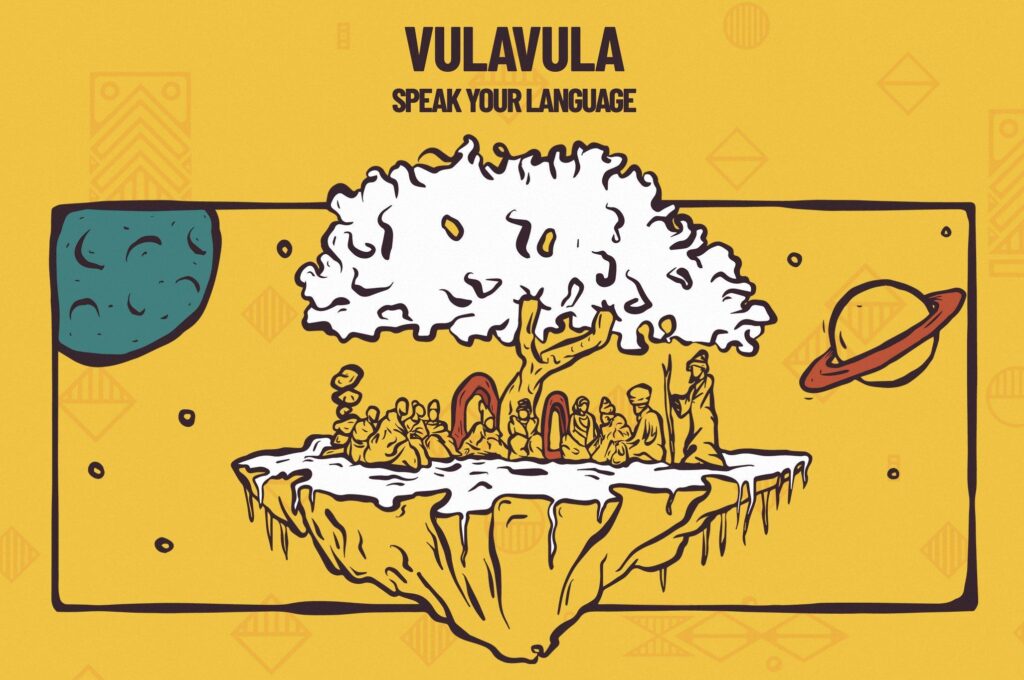
VulaVula currently offers entity recognition, translation, speech-to-text, and text-to-speech solutions for South African languages including Afrikaans, isiZulu, Sesotho, Setswana, and Xhosa — potentially enabling up to 80% of South Africa’s population to communicate with businesses in their preferred languages.
And it plans to expand to other under-represented African languages soon.
Web3 smart contract code: MazzumaGPT
Ghana’s Mazzuma (CYST) was founded in 2015 as a mobile payments and remittance platform that leverages blockchain technology and AI chatbots.
Late last year, however, the company began working on a large language model called MazzumaGPT.
Trained on popular blockchain languages Solidity and Plutus and officially launched this June, MazzumaGPT helps developers generate Ethereum- and Cardano-compatible smart contract code.
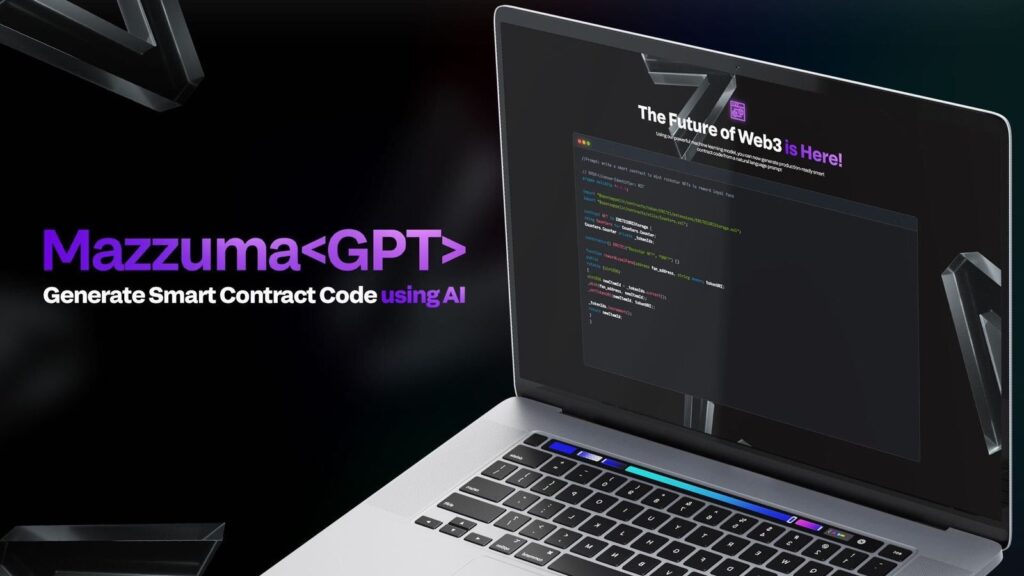
In its first month, roughly 400 developers from ~70 countries used MazzumaGPT, and more than 10,000 developers are on its waitlist.
Financial analysis, research, & planning: FinanceGPT
South Africa’s IPOXCap was founded in 2022 to help finance professionals and investors make better decisions faster with AI.
The company’s first product is FinanceGPT, a generative AI solution that helps traders, portfolio managers, and company finance personnel perform financial analysis.
Users upload a company’s financial data and FinanceGPT generates reports and dashboards that allow them to easily understand the current state of the business and future forecasts.
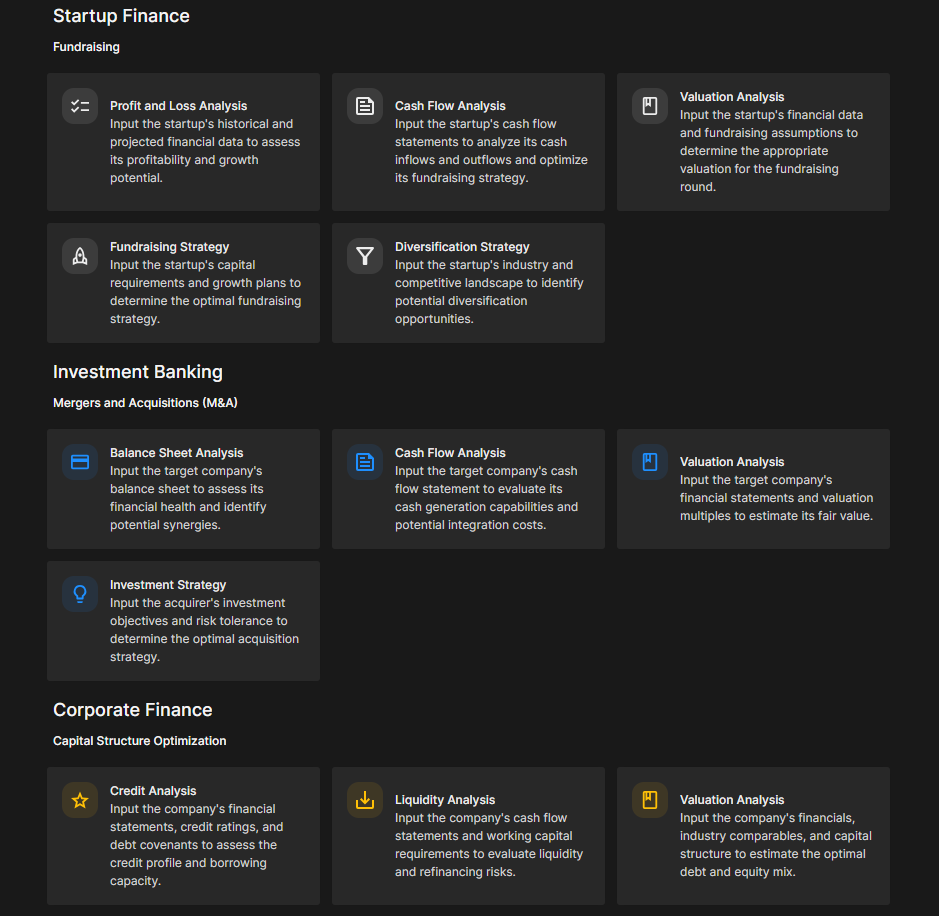
The company is also working on FinanceGPT Patches, a suite of three language models designed to fill the gaps left by popular Large Language Models when it comes to sub-Saharan Africa, the MENA region, and Asia-Pacific.
Medical imaging & radiology: minoChat
Founded in 2017, minoHealth AI Labs is a Ghanaian startup working on artificial intelligence solutions for healthcare across Africa — for radiology, infectious diseases, and biomedical research.
The company is now developing minoChat, a multi-modal, ChatGPT-like generative AI foundational model focused on radiology, with funding from the Gates Foundation.
This automatically makes it into top 5 moments in life so far ????????
I met and had dinner with Bill Gates in his house! WILD!!
This was a ~4 hours long dinner that entailed detailed discussions on AI/LLMs for Global Health, our multimodal LLM project at @minoHealth AI Labs. pic.twitter.com/zd5m6gDlbN
— Darlington Akogo (@darlingtinho) August 31, 2023
minoChat will take in various medical images (x-rays, mammograms, CT scans, etc.) and output comprehensive diagnostic reports. It will also allow clinicians to ask questions about those medical images and the underlying patient.
Final thoughts
Protein design. Local language communications. Web 3 programming. Financial analysis. Medical imaging.
Very different verticals — but all the startups above are linked in their use of generative AI solutions to ensure that Africa participates in the ongoing artificial intelligence revolution.
Paraphrasing Zimbabwean billionaire Strive Masiyiwa, “Africa has to build its own AI enterprises,” and the pioneers above are doing their part.
AI — like the internet or electricity before it — is general-purpose technology that has a wide variety of applications across industries. And Africa-focused business leaders would do well to pay attention to the ongoing AI revolution and reflect on how they might harness it for commercial impact.



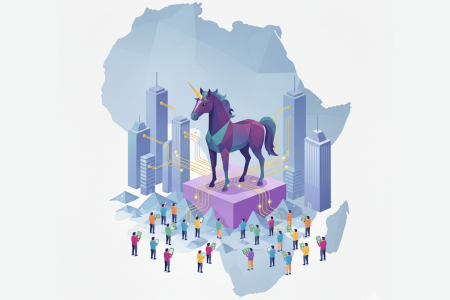
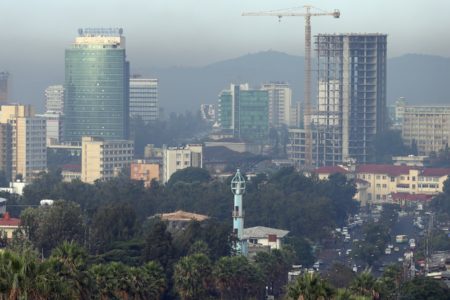
Share: